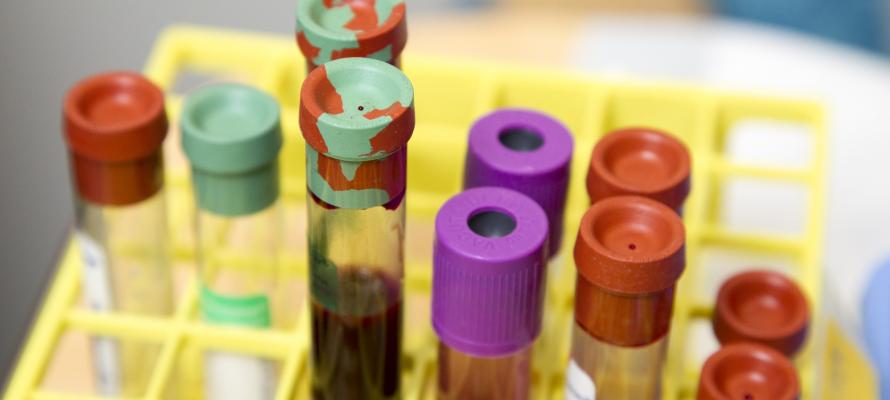Detect Hepatocellular Carcinoma Up to Seven Years Earlier

The current methods for early detection and surveillance of liver cancer, such as hepatocellular carcinoma (HCC), are inadequate. Due to this, scientists at NCI’s Laboratory of Human Carcinogenesis have developed a blood test to check for a patient’s previous exposure to certain viruses that would make them more at risk to develop HCC. Liver cancer is the leading cause of cancer deaths worldwide and early detection is key to improving mortality, so this new technology could be very impactful and will have a large market.
This new technology is a biomarker signature of viral infection that can predict HCC among at-risk individuals up to seven years prior to their clinical diagnosis. This signature was identified through serological profiling of individuals from a case-control study and validated in a cohort of at-risk individuals who were followed up to 20 years for the development of HCC. This study found that the specificity and sensitivity of this biomarker signature is a vast improvement over the currently available methods of diagnosis.
Are you interested in a technology that meets the needs for improved HCC diagnostics, will likely have a competitive cost, and is easy to implement? NCI is seeking proposals from parties interested in co-development and licensing opportunities to employ this viral exposure signature in diagnostic assays of early onset HCC. To find out more information, please click here.
